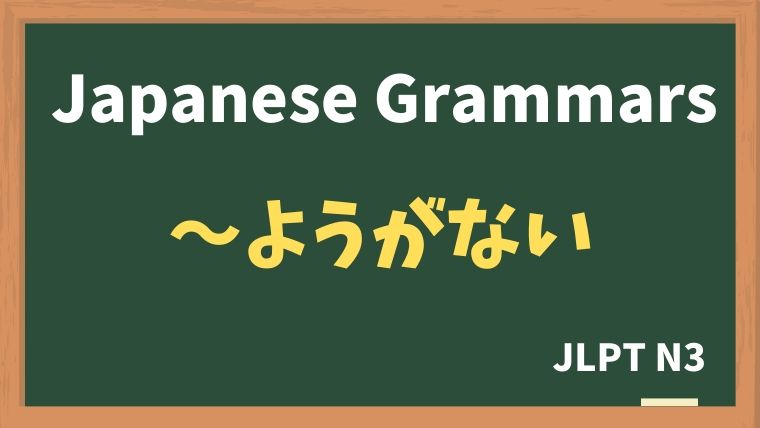
Explanation:〜ようがない / 〜ようもない
fa-check-circleMeaning
"〜したくても〜できない:Even though we want to do ~ , we don't have a way of doing it"
Used to indicate that something is impossible or cannot be done due to a lack of means or method. It expresses a sense of helplessness or the impossibility of taking a specific action.
fa-check-circleForm
V(ます形)ます + ようがない / ようもない
fa-check-circlePoints
- Expresses Impossibility: "〜ようがない" is used to convey that there is no way or method to do something.
- Lack of Means or Method: It suggests that the necessary means, tools, or conditions to perform an action are absent.
- Strong Sense of Helplessness: This expression often carries a nuance of frustration or resignation because the situation is out of one's control.
fa-check-circleJLPT Level
N3
Sample sentenes
トムさんの電話番号もメールアドレスも知らないので、連絡しようがない。
Since I don't know Tom's phone number or email address, there's no way to contact him.
もう終電もないし、このあたりにはタクシーもないので家に帰りようがありません。
There's no last train and no taxis around here, so there's no way to get home.
この時計は古く、もう部品がないから修理しようがない。
This watch is old, and since there are no parts available, it can't be repaired.
この病気は今の医療技術では治しようがない。
With current medical technology, this disease can't be cured.
問題が難しすぎて答えようがない。
The problem is too difficult to solve.
Vocabulary
| Japanese |
English | |
| 連絡する | れんらくする | to contact |
| 部品 | ぶひん | parts |
| 修理する | しゅうりする | to repair |
| 医療技術 | いりょうぎじゅつ | medical technology |
| 治す | なおす | to cure |






